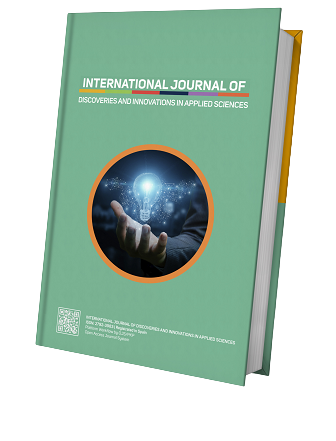Animal Products Importation, Local Industry and Economic Development – A Review of the Current Trend in Nigeria
Keywords:
Animal Product, Importation, Livestock Production, Economic DevelopmentAbstract
Nigeria is an import-dependent country and its excessive importation of animal products has seriously affected the Nigerian livestock sector. The reliance on imported items has led to a huge demand for foreign exchange and a depreciation of the naira through the years. Nigeria’s total food and agricultural imports are growing and estimated at more than $10 billion in 2015. Wheat, rice, brown sugar, frozen fish, dairy products, vegetable oil, and intermediate and consumer-oriented products are the largest imports. By continent, Nigeria imported goods mostly from Asia (44.6 %), EU (33.6 %), America (14.1 %), Africa (6.5 %), and others (1.2 %). By country, Nigeria’s most significant suppliers include China (23 %), the United States (10%), India (8 %), Belgium (6 %), the Netherlands (6 %), and other countries across the world. This paper discussed the Nigerian production capacity of the beef, dairy, and poultry sub-sectors, import-substitution, and its impact on local products including the destruction of local products, decline in revenue and demand, smuggling of frozen poultry meat, and high cost of feed input as it affects the local industry and economic development in Nigeria. It is recommended that there should be a continuous ban on importation of frozen animal products, improvement of the dairy breed, subsidy to assist dairy producers/processors, organization of producer groups (pastoralists), investment in cold chain technology, development of semen collection center and fodder farms.




